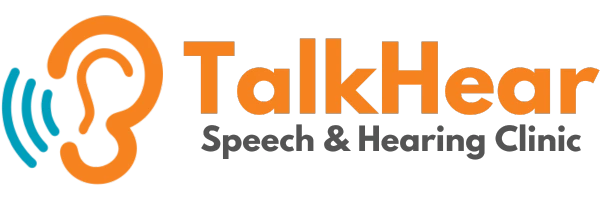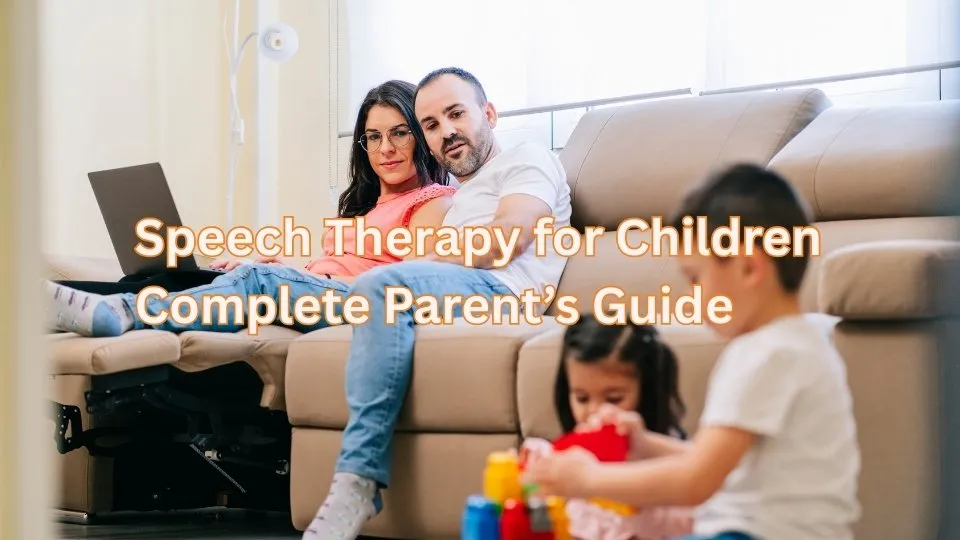The Ultimate Guide to Speech Therapy for Children: Techniques, Benefits, and What Parents Need to Know
As a parent, noticing your child struggling to communicate can be worrying. Whether your child isn’t speaking as early as expected, is difficult to understand, or seems to have trouble processing language, early support can make a world of difference. This is where speech therapy comes in — a proven approach to helping children develop vital communication skills.
In this comprehensive guide, we’ll cover everything you need to know about speech therapy for children — what it is, when it’s needed, what it involves, and how you can support your child’s journey.
What Is Speech Therapy?
Speech therapy is a specialized form of treatment that helps children with speech, language, and communication challenges. It’s conducted by certified professionals known as Speech-Language Pathologists (SLPs) who assess and treat children for a wide range of difficulties, including:
- Speech sound disorders (e.g., misarticulation, lisp)
- Language delays (difficulty understanding or using words)
- Stuttering or fluency disorders
- Social communication problems
- Feeding or swallowing difficulties
Through engaging, evidence-based exercises and play-based activities, SLPs work closely with children to help them express themselves clearly and confidently.
Signs Your Child May Need Speech Therapy
Not all children develop speech at the same pace, but certain signs may indicate a need for evaluation. Look out for:
| Age | Red Flags |
|---|---|
| 12–18 months | Not babbling, limited use of gestures, not saying simple words like “mama” or “dada” |
| 2 years | Using fewer than 50 words, not combining two words (e.g., “want toy”) |
| 3 years | Speech that is difficult for strangers to understand, limited vocabulary |
| 4+ years | Struggles with storytelling, trouble following directions, persistent speech errors |
If you notice any of these, consider consulting a speech-language pathologist.
Causes of Speech and Language Delays in Children
Speech delays can stem from a variety of factors, including:
- Hearing loss
- Developmental disorders (e.g., Autism Spectrum Disorder)
- Cognitive impairments
- Neurological issues (e.g., cerebral palsy)
- Environmental factors (limited interaction, screen overuse)
A professional assessment can help determine the underlying cause and the best path forward.
What Happens in a Speech Therapy Session?
Speech therapy sessions are designed to be fun, interactive, and personalized. Here’s what you can expect:
- Assessment Phase
– Speech and language evaluation
– Hearing screening (if required)
– Parent interviews and observation - Treatment Phase
– Use of flashcards, toys, games, apps, and pictures
– Repetitive modeling and practice
– Language stimulation techniques
– Home activity assignments - Monitoring Progress
– Regular feedback to parents
– Adjustments in therapy goals
– Support for school-based communication needs
Benefits of Early Speech Therapy
Early intervention offers numerous long-term advantages:
- Improved academic readiness
- Better social interaction and confidence
- Enhanced cognitive development
- Fewer emotional and behavioral challenges
- Easier adaptation to school and group environments
Speech Therapy Activities at Home (Parent Tips)
You are your child’s first and most important teacher. Here are a few ways you can support speech development at home:
- Talk more: Describe what you’re doing throughout the day
- Read together: Books boost vocabulary and comprehension
- Play: Use pretend play and role play to encourage conversations
- Repeat & expand: If your child says “dog,” respond with “Yes, that’s a big brown dog!”
- Limit screen time: Prioritize face-to-face interaction over digital content
Choosing the Right Speech Therapist
Look for a therapist who is:
- Certified and licensed
- Experienced in working with children of your child’s age or condition
- Friendly, engaging, and child-centered
- Willing to involve parents and provide home guidance
If in-person sessions are a challenge, consider online speech therapy, which has become highly effective and flexible for families around the world.
Success Stories: Real Families, Real Progress
“My son was 3 and still not speaking full sentences. After just 4 months of online therapy, he now sings songs, tells short stories, and even corrects us!”
— Priya S., India
“The therapist turned each session into a game. My daughter never felt like she was being taught. It was all play — and it worked beautifully.”
— Alan M., Dubaifor more reviews visit here: TalkHear Speech & Hearing Clinic Reviews
Frequently Asked Questions
Q: How long does speech therapy take?
A: It varies. Some children make progress in a few months; others may need a year or more depending on the challenge.
Q: Can I do speech therapy at home without a therapist?
A: While parent involvement is essential, working with a certified SLP ensures your child gets evidence-based, personalized care.
Q: Is online therapy effective for children?
A: Yes! With the right platform and parental support, online therapy has shown outcomes equal to in-person sessions.
Ready to Get Started?
If you’re concerned about your child’s speech development, don’t wait. Early support can make all the difference.
👉 Book a Free Consultation
👉 Talk to a Certified Speech Therapist Now




